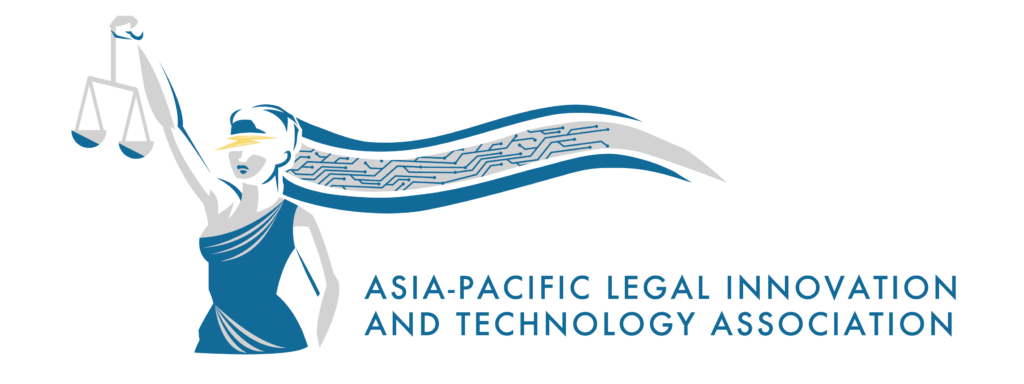Reading time: 5 minutesInterview by Lenon Ong, Elizaveta Shesterneva | Edited by Josh Lee
TechLaw.Fest 2019 will take place from 5 to 6 September 2019 in Singapore, bringing together the movers and shakers in the space of law and technology. In the next few weeks leading up to TechLaw.Fest, the LawTech.Asia team will be bringing you regular interviews and shout-outs covering prominent speakers and the topics they will be speaking at TechLaw.Fest.
This
week, LawTech.Asia received the exclusive opportunity to interview Alice Namuli
Blazevic, a Partner (Head of Technology and Innovation) at Katende, Ssempebwa
& Co Advocates, Kampala Uganda.
She
specialises in technology and the law with a keen interest in artificial intelligence,
blockchain, cryptocurrencies, cybersecurity and data protection. Her background
is in public-private partnerships, infrastructure projects, project finance, mergers
and acquisitions. She is an award winning lawyer, international speaker
and author. She is the chairperson
of the Uganda Legal Tech Network and the co-founder of the Legal Innovation
Hub. She is also the founder of a mentorship programme for young lawyers and
law students called “Coffee With Alice”. She has hosted several legal tech conferences
such as the World Legal Summit and the Development Sprint (Legal Hackathon) in
Uganda, just to name a few.
At TechLaw.Fest 2019, Alice will be speaking
about the “Innovation Journey in East Africa” on 5 September 2019, 4 pm (GMT+8).
Read More






